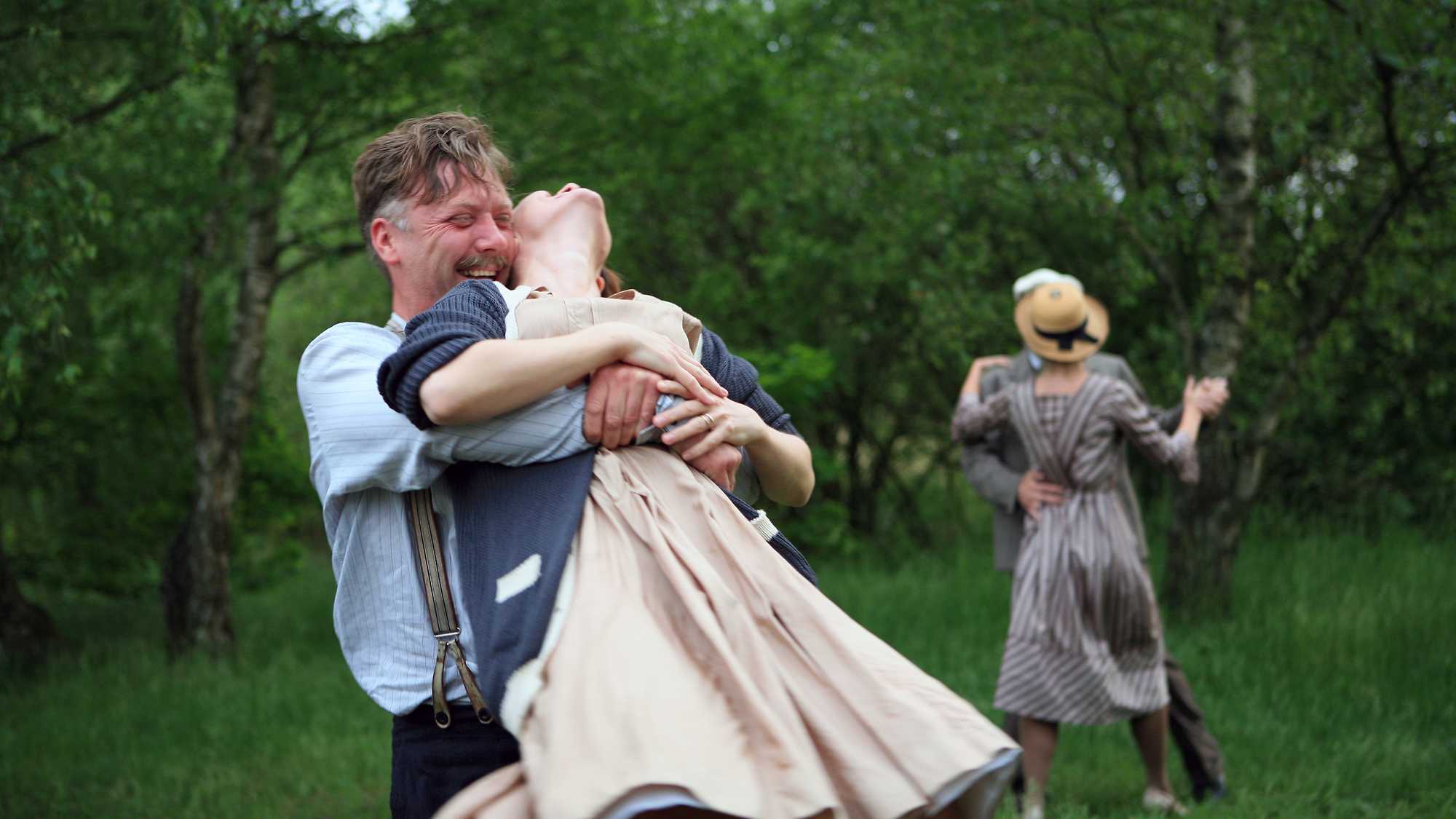A century ago in Sweden a woman finds respite from her tough life in photography. “A rich, intensely human story that deals with the mysteries of creativity and love and the pain and joy of relationships.” — LA Times

A deeply involving family drama that marks a late-career triumph for 77-year-old Swedish director Jan Troell.
Screened as part of NZIFF 2009
Everlasting Moments 2008
Maria Larssons eviga ögonblick
The title of this intimate drama of working-class life evokes the magical promise offered by photography. In the decade from 1907 that the based-on-fact story covers, few households possess a camera, but Maria, the struggling wife and mother at the film's centre, wins one in a lottery. Gently encouraged by the camera store owner, she finds flashes of profound respite from the dramas of her tough life by creating portraits of her children, her neighbourhood, the way the light streams through a window. The director, Swedish veteran Jan Troell, is a photographer himself and every frame of this beautiful film is alive to the camera's power to bear witness to time, place and experience. — BG
“A Finnish immigrant to Sweden, Maria marries her husband Sig in 1907, and has a boatload of kids – and the film charts their marriage in a leisurely, episodic way, through births and deaths and tumultuous strikes and a World War... Sig is inconstant – not a bad man but a weak one, a creature of appetite who never thinks twice about his patriarchal authority. And Maria, burdened with her children's care, unable to earn a living on her own, is trapped in his world. That's when she comes on that camera... Gradually, Maria begins to develop a dual self; holding the camera makes her forget for a time that she's a wife and mother. Yet her powers as an artist are inextricable from her spirit... Troell treats every frame as if the medium of filmmaking were magical and new. Period films with lots of sepia tones are usually soft in the head, but the nostalgic glow of Everlasting Moments only deepens its mysteries.” — David Edelstein, New York